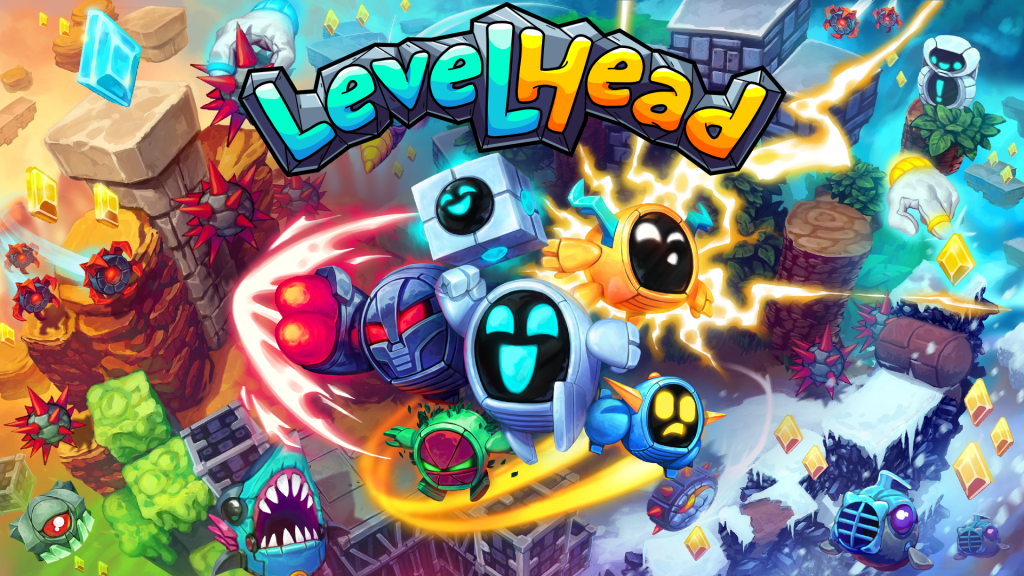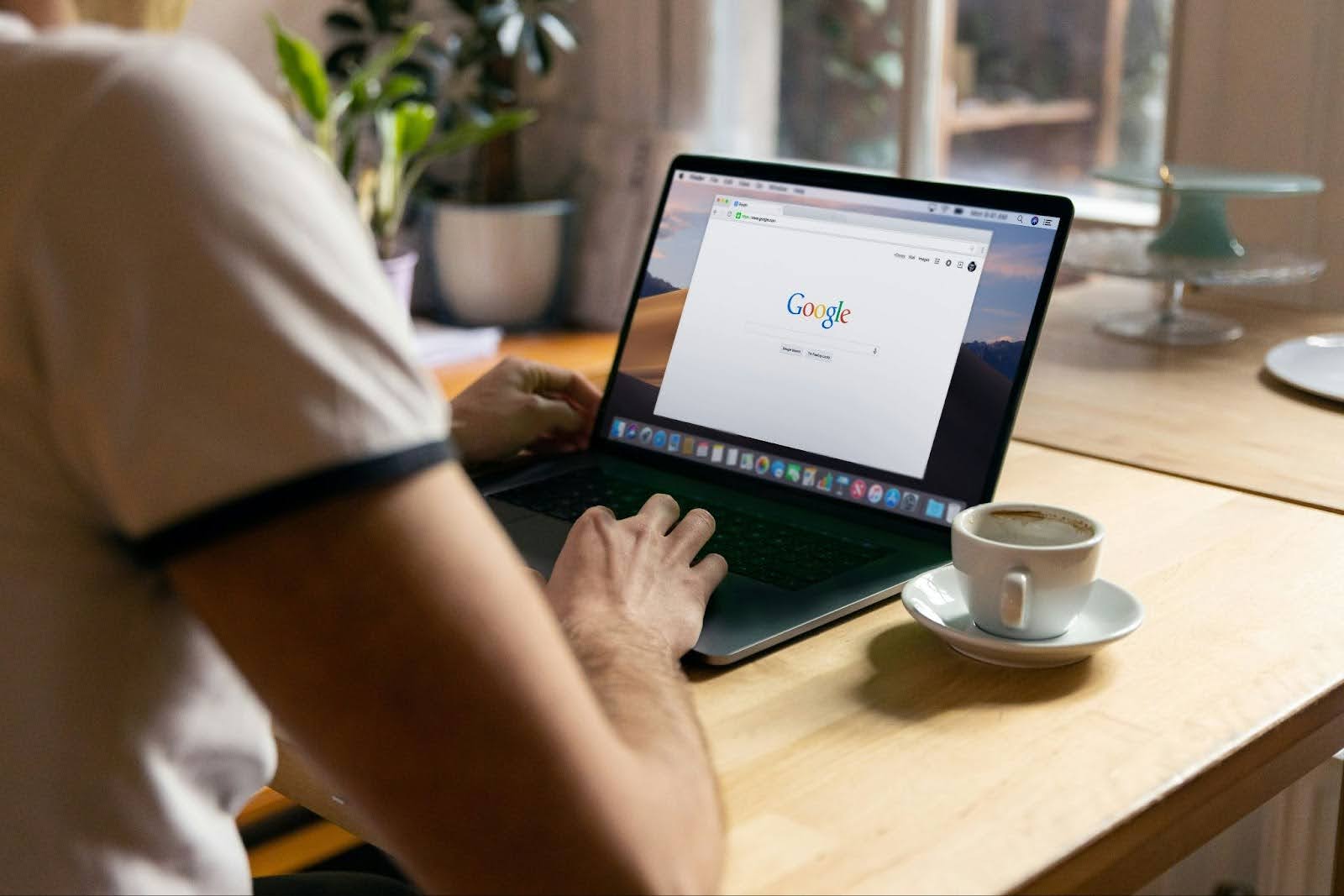Sam Coster: On Finding the Focus to Create a Video Game Studio

At Freedom, we love our users – not just because they use our product, but because they’re cool – cool people working on cool stuff. Academy Award-nominated screenwriters, bestselling authors, editors, journalists, developers, illustrators, designers, academic researchers, explorers, and entrepreneurs – the Freedom community is packed with curious, creative, and efficient go-getters. We love to share their stories and advice, because how better to learn about productivity than from the productive?
Meet Sam Coster.
Sam Coster, selected for the Forbes 30 Under 30 in 2017, is a Freedom user, video game artist, and COO of the video game studio Butterscotch Shenanigans. Sam and his brother founded Butterscotch after participating in a game jam (a weekend spent making a game from scratch). The two had such a blast that Sam said, “HEY, what if we just… did this? For a job?”
And so, Butterscotch was born. Sam’s brother, Seth, became the programmer and Sam the artist. Despite neither of them knowing much about how to make video games when they started, Butterscotch Shenanigans is now a critically studio located in St. Louis, MO. The studio is now run by three of the Coster brothers and has produced hit games such as Crashlands, Scuffle Buddies, and their most recent release – LevelHead.
When Sam’s not creating art, he’s managing Butterscotch’s marketing, outreach, PR, and business development.
So this week we decided to sit down with Sam to learn a little more about how he finds the focus to build award-winning games with his brothers.
How did you know that you wanted to be a video game artist and COO of Butterscotch Shenanigans and what were your first steps in making this your career?
I honestly didn’t have a plan for any of this! I graduated with a degree in psychology and began my start in games by building hacky prototypes over 48 hour jams on weekends. Eventually my brother Seth and I decided we wanted to take a crack at making games full time. After a brief discussion about who was going to do what, we decided he’d be doing the programming and I’d tackle the art… despite my having drawn for probably <100 hours total in my entire life!
I just dove right in and worked every day on my process for creating. The rest has spun out from there, and that deep focus on process remains at the heart of how we run our business.
At what point did you realize that tech/apps/sites were taking a toll on your productivity/time/relationships?
I knew that I had an issue with these technologies years ago when, after a long day at work, I ended up staying up until 3am watching YouTube videos of people getting engaged. I mean, it was lovely, but the effects on my overall wellbeing and the complete loss of control I felt were the exact opposite.
Since then I’ve used dozens of techniques to keep myself from falling into these holes – with Freedom being the most effective so far.
How do you prioritize what gets your time and attention each day?
Each morning I take a few minutes to declare my Big 3 To-Do’s for the day, check my schedule for any appointments and meetings, and then purposefully plan my time. I even do it for my evenings, which previously would get accidentally sidelined into bad tech habits. I use the Full Focus Planner, for anyone who’s interested in taking the same approach.
How do you stay focused and motivated on a daily basis? Do you have a routine, ritual, or process that helps to get into a productive flow?
Routine and clarity of work are the two major pieces to staying in the zone at all times. I find that I frequently go seeking for some relief from the mental pressure of work when I am not entirely certain what the task is I’m doing, or when I haven’t done a good enough job of breaking it down into its actionable parts. That itch has become a signal for me to take a step back and figure out what’s going on.
On the routine side, doing my morning planning and then using Freedom’s session scheduling has done the trick. I have two huge blocks of time during the day where Freedom is on automagically. First from 8am-11am, and second from 5pm-10pm. That way my mornings are protected, and I get a buffer for when I’m home and likely a little tired and vulnerable.
How do you optimize your environment for productivity and focus?
I use noise-cancelling headphones for getting in the zone, and typically listen to just white noise or a song on repeat while working. In addition, in our studio everyone has a “Brain Globe.” This is one of those little puck-lights that most people put in their closets. When you see a Brain Globe on someone’s desk and it’s lit up, you cannot interrupt them for any reason – you basically act as if they don’t even exist! That lets you control your focus at the office, which has been a huge boon for the entire team.
What is the most difficult/challenging aspect about your work or working process? Do you have any strategies that you use to help overcome these challenges?
We make entertainment products and need to be in touch with our players. That means that I, as lead on marketing, have to occasionally dip a toe into things like Twitter, Discord, Youtube, Imgur, and Reddit in order to do my job. On days when I’m going to be doing a lot of marketing activities I carve a block of time for those activities and then turn Freedom on otherwise. It stops me from going into that analytics-checking cycle.
What resources or tools do you use daily and have found most beneficial to your working process?
Aside from Freedom, our team uses Trello for work and Notion for knowledge management. I can’t recommend all three of these enough.
What projects are you currently most excited about?
Levelhead! It’s our next game, and it’s a platformer/maker that lets players build their own levels and share them with the rest of the world. Anyone interested in challenging games, level design, or just having a hilarious time with friends can wishlist or purchase it for PC on Steam.

What do you do outside of your work routine that helps you stay healthy and productive?
I aim for 9 hours of sleep per night, lift weights 3 times per week, and take time to journal at least 3 times per week. The journaling is the interesting bit that seems to become a super power after a time – I’ve found it really helps me find issues before they become large problems.
Where are you currently based?
St. Louis, MO
To learn more about Sam or his work, you can visit his site at: bscotch.net


